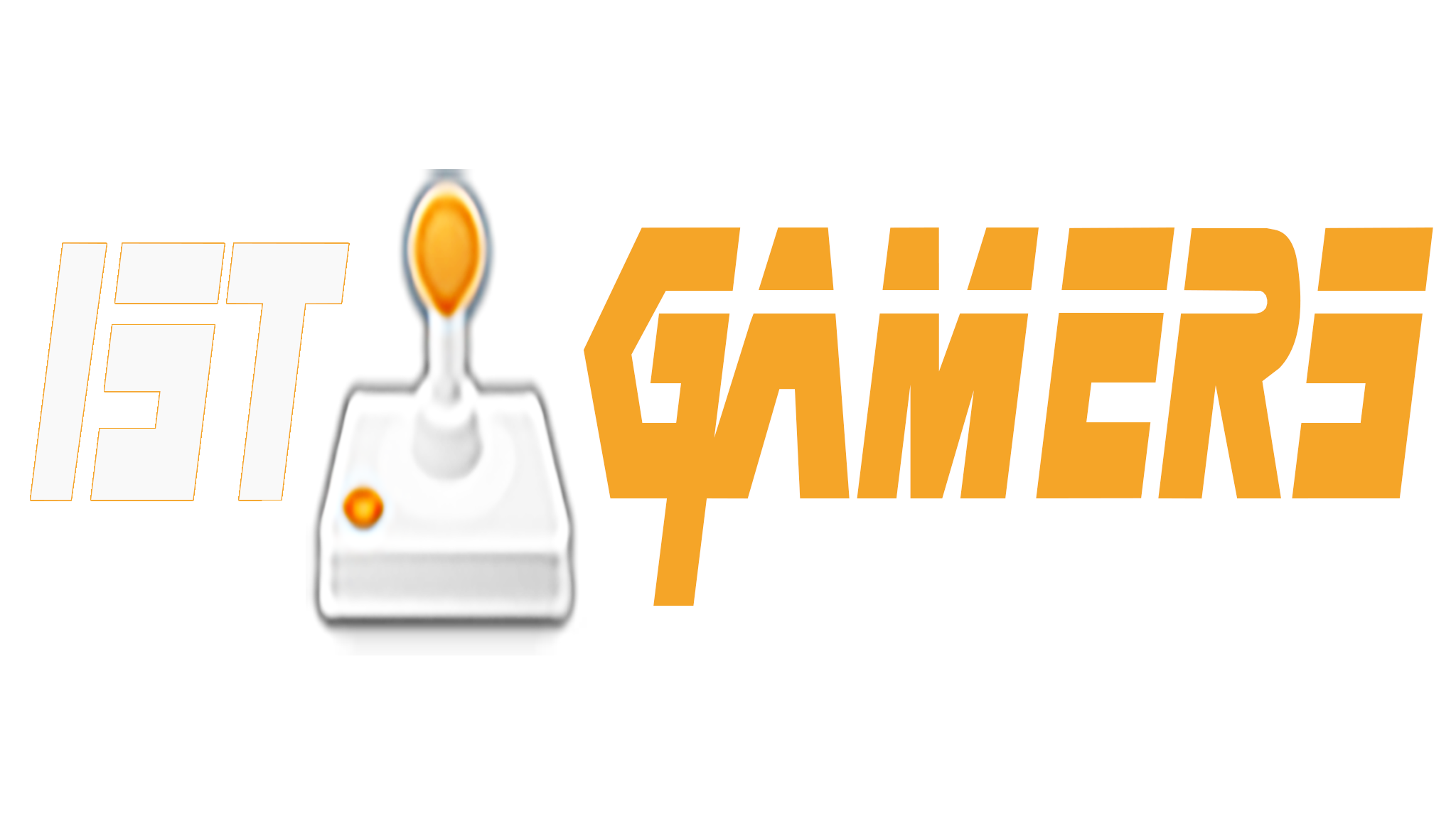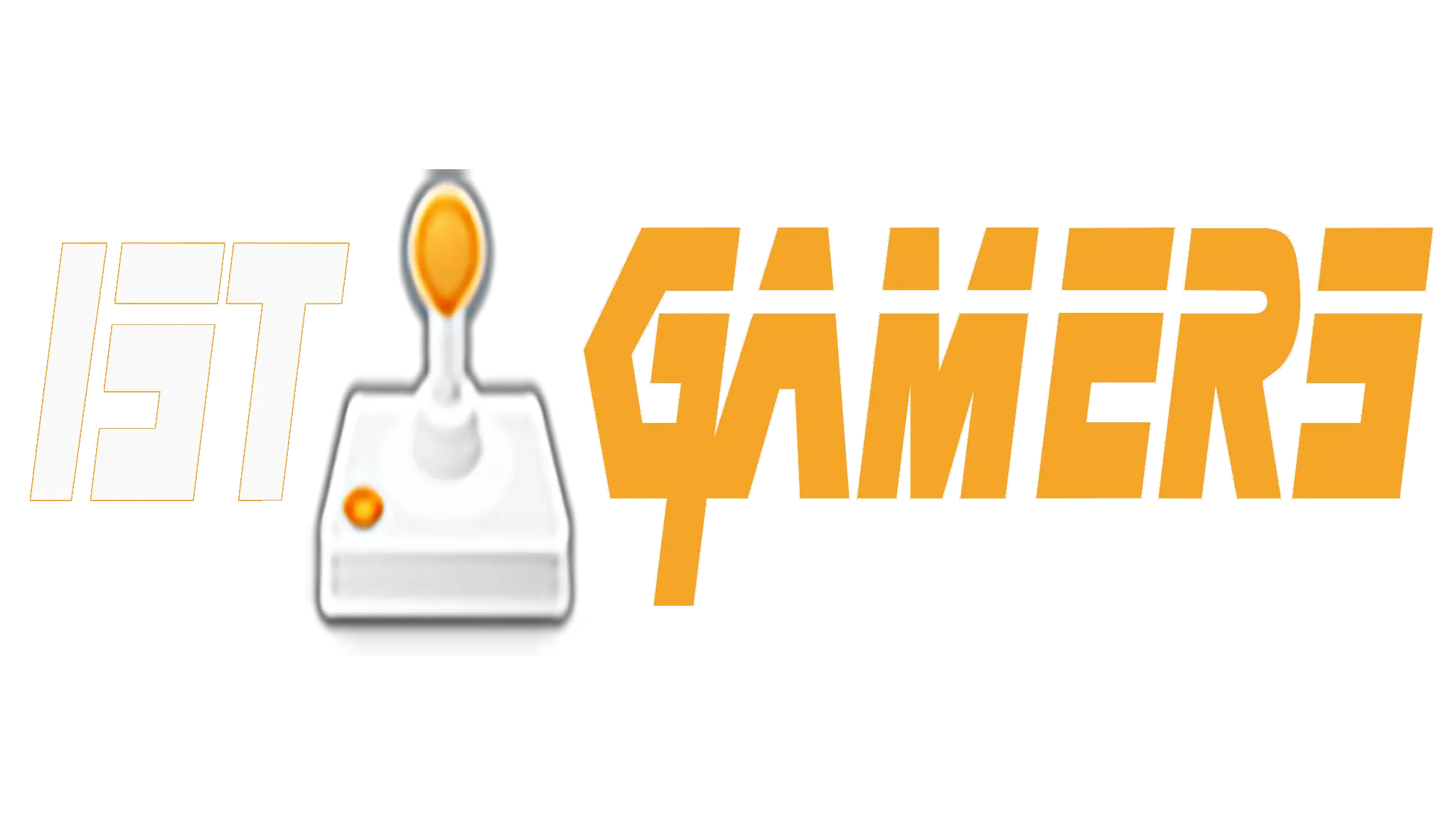Key Takeaways
- The gaming industry could become even more expensive due to U.S. President Donald Trump’s new import tariffs.
- The upcoming Nintendo Switch 2 and its games are already launching at higher prices, with Nintendo refusing to rule out further increases.
- As the industry gets pricier, more players may turn to cloud gaming services as a cheaper alternative.
The recent wave of tariffs imposed by former President Donald Trump threatens to take a significant toll on major console manufacturers like Sony, Microsoft, and Nintendo.
As import costs soar, especially from key manufacturing hubs like Japan, Vietnam and China, a leading U.S. trade group has warned the tariffs will have a “real and detrimental” impact on the industry.
After the highly anticipated Nintendo Switch 2 announced it was delaying its scheduled pre-order sales, the threat of tariffs on an already expensive industry could lead gamers toward cloud-based alternatives.
Impact of Trump Tariffs on Gaming
On April 2, Trump signed an executive order imposing a minimum 10% tariff on all U.S. imports, with some countries facing levies as high as 50%.
Japanese imports now face a 24% tariff, Vietnamese goods are subject to a 46% duty and Chinese imports, which include the bulk of PlayStation and Xbox console production, face a 34% tariff.
These significant hikes are expected to directly raise the production and retail costs of gaming consoles sold in the U.S.
Aubrey Quinn, Senior Vice President of the Entertainment Software Association (ESA), told Game File that the way consoles are manufactured means a single product could be subject to multiple overlapping tariffs.
Nintendo, which moved a large part of its manufacturing to Vietnam to avoid previous tariffs, is now impacted by new levies.
Meanwhile, Sony and Microsoft produce their PlayStation 5 and Xbox Series X|S consoles in China, leaving them vulnerable to the steep 34% Chinese import tariff.
China responded to the new tariffs on April 6 by imposing a matching 34% tax on U.S. imports. In response, Trump threatened an additional 50% tax unless China reversed course.
Beijing declared it would “resolutely take countermeasures,” vowing to “fight to the end if the U.S. side is bent on going down the wrong path,” intensifying fears of a prolonged trade war.
Gaming Is an Expensive Industry
These tariffs come at a time when the gaming industry is already becoming more expensive. Prices for both hardware and software are on the rise, driven by global inflation and production challenges.
Nintendo revealed the launch price of the Switch 2 at $449.99—$150 more than the original model.
The Switch 2’s flagship launch title, Mario Kart World, will retail for $79.99, making it the most expensive standard video game ever released.
Due for release on June 5, the Nintendo Switch 2 has faced pre-order delays in the U.S. as the company assesses the financial implications of Trump’s tariffs.
Bill Trinen, Vice President of Product and Player Experience at Nintendo of America defended the higher game price, calling it “probably the richest Mario Kart experience” to date.
Meanwhile, Nintendo of America CEO Doug Bowser told the Washington Post that the pricing reflects “variable pricing” based on the depth and quality of content.
“We haven’t set a benchmark,” Bowser said, noting that prices could vary further depending on the situation.
Bowser also confirmed to NPR that the initial pricing was determined before the tariffs were announced and did not rule out potential increases.
“We’re actively assessing the impact,” he told NPR, “but we have nothing further to announce regarding pricing at this time.”
A Push Towards Cloud Gaming
As prices continue to climb, industry experts suggest gamers may increasingly turn to cloud gaming services as a more affordable alternative.
Platforms like Xbox Cloud Gaming and PlayStation Plus enable users to stream games directly, eliminating the need for expensive hardware.
According to GlobalData’s 2025 Console Gaming Report , the cloud gaming market, valued at $4 billion in 2024, is projected to grow to $22 billion by 2030.
“The cloud gaming market is still in its early stages, but competition is heating up,” the report states. “Microsoft and Sony are well-positioned to lead, thanks to their dual focus on consoles and cloud services.”
Although no price hikes have been announced, current criticism and the threat of tariffs could encourage more gamers to explore these new avenues.
Was this Article helpful?




































